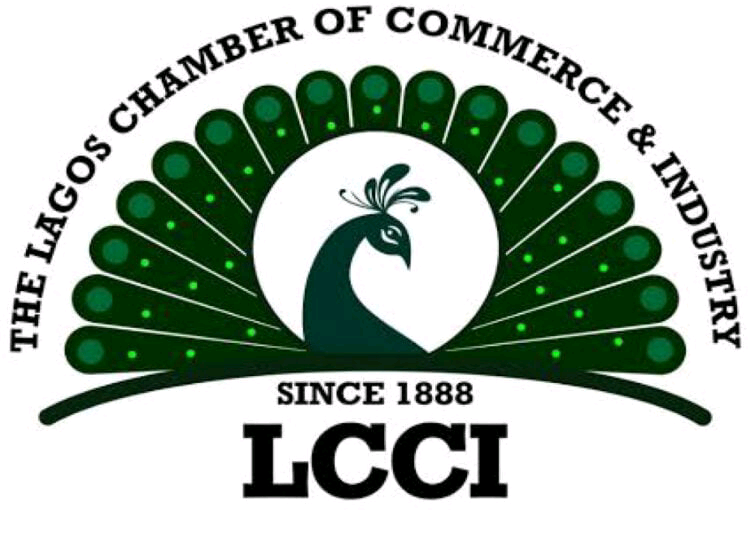• Inflation drops to 18.02% — lowest in three years
• LCCI blames new PMS price, gas disruptions for cost surge
ATTENTION: Click “HERE” to join our WhatsApp group and receive News updates directly on your WhatsApp!
• Chamber urges proactive government–industry engagement
The Lagos Chamber of Commerce and Industry (LCCI) has cautioned that Nigeria’s fragile inflation moderation could be derailed if rising energy costs are not urgently addressed.
The Chamber issued the warning following the latest data showing that the country’s headline inflation rate fell to 18.02 per cent in September 2025, marking the lowest level in three years.
Energy Pressure Threatens Stability
In a statement signed by the Director-General of the LCCI, Dr Chinyere Almona, the Chamber attributed the recent decline to improved fiscal and monetary coordination, exchange rate stability, and a stronger naira.
However, Dr Almona warned that the sharp rise in energy and transport costs could reverse these gains.
“The recent pump price increase of Premium Motor Spirit (PMS) to about N1,000 per litre, combined with gas supply disruptions caused by labour unrest in the oil and gas sector, is driving up logistics costs and production expenses across industries,” she said.
She explained that these shocks are pushing food prices higher through elevated transport costs and raising production costs across manufacturing and service sectors developments that could intensify inflationary pressures if sustained.
Policy Coordination and Industry Dialogue
The LCCI urged the Federal Government to engage industry stakeholders and labour unions proactively to stabilise energy supply and protect Nigeria’s macroeconomic gains.
READ ALSO: Nigeria’s Green Falcons Crush Ghana 40–0 in Rugby Friendly Ahead of World Rugby Series
Dr Almona commended the Central Bank of Nigeria (CBN) for recent monetary easing measures that have supported liquidity and stimulated the productive sectors.
“The notable moderation in food inflation to 16.87 per cent, alongside exchange rate stability and a stronger naira, demonstrates that recent policy adjustments and supply-side interventions are beginning to take hold,” she added.
Call for Consistency and Structural Reform
The Chamber urged policymakers to sustain policy consistency and structural reforms aimed at improving logistics efficiency, enhancing domestic food value chains, and ensuring reliable energy supply.
“Efforts must continue to improve logistics efficiency, enhance domestic food value chains, and ensure stable power and fuel supply — all of which are essential for sustaining lower prices and boosting competitiveness,” the statement read.
Dr Almona emphasised that inflation dynamics remain sensitive to global commodity prices, foreign exchange movements, and domestic fiscal conditions, calling for stronger coordination between fiscal and monetary authorities.


